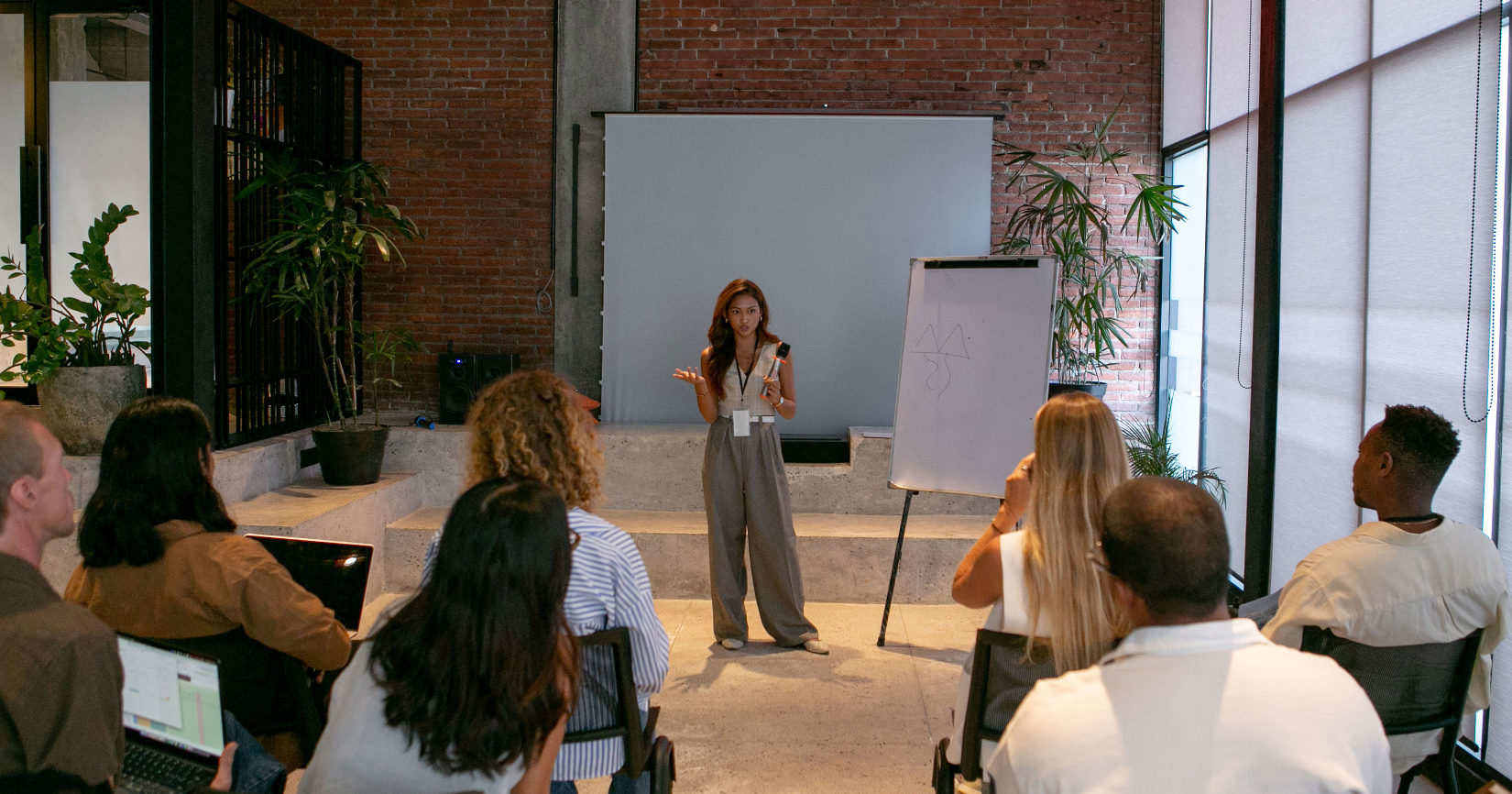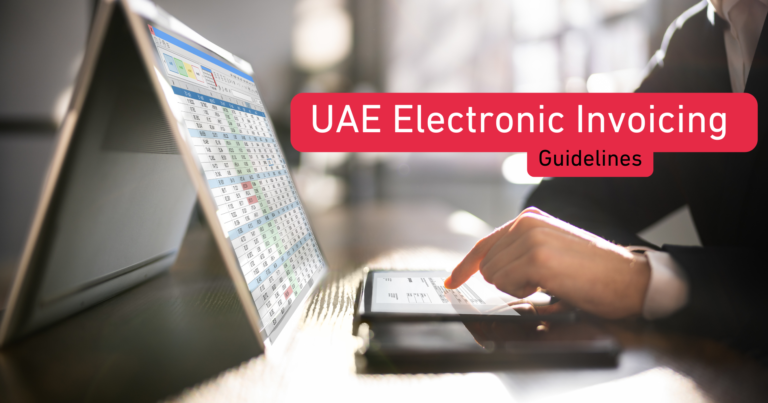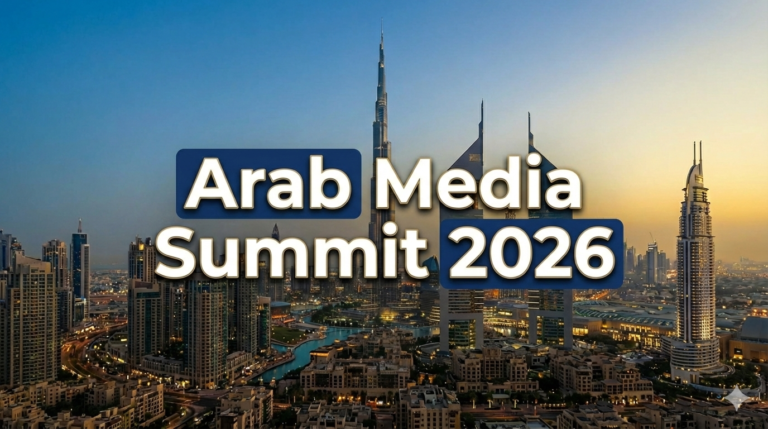
At dawn, trucks roll into Jebel Ali, carrying goods destined for re-export across the Gulf. A few kilometers away, entrepreneurs sit in coworking spaces at *Dubai Internet City, pitching their startups to investors. These daily scenes capture why Dubai’s *free zones have become magnets for global businesses: they combine infrastructure, tax incentives, and regulatory ease in one package.
Why Free Zones Matter
When Dubai launched the Jebel Ali Free Zone (JAFZA) in 1985, it pioneered a model that changed the region. The promise was simple: foreign investors could operate without local sponsors, keep 100% of profits, and enjoy streamlined customs. Four decades later, more than 30 free zones specialize in everything from finance and commodities to media, healthcare, and e-commerce.
For many entrepreneurs, setting up in a free zone is the fastest way to establish a presence in the UAE. Whether you are a fintech startup in *DIFC, a diamond trader in **DMCC, or a logistics operator in *Dubai South, free zones provide ready-made ecosystems designed to accelerate growth.
Costs and Setup Breakdown
Setting up a free zone company involves predictable costs and procedures:
• Licensing Fees: AED 10,000 – AED 50,000 annually depending on activity.
• Office Space: Flexi-desk packages start around AED 15,000; larger offices scale higher.
• *Residency Visas: AED 3,000 – AED 7,000 per employee via the *Federal Authority for Identity and Citizenship (ICP) (icp.gov.ae).
• Registration Fee (one-time): AED 5,000 – AED 10,000 in most zones.
The process is digital-first: applicants choose a legal structure, submit documentation (passport copies, business plan, lease), pay fees, and receive trade licenses often within days.
Key Free Zones and Their Niche
• DIFC: finance, fintech, wealth management.
• DMCC: global trade in gold, diamonds, coffee, and more (dmcc.ae).
• Dubai Internet City & Dubai Silicon Oasis: IT, digital media, and startups.
• Dubai CommerCity: e-commerce and logistics.
• Dubai Healthcare City: biotech, hospitals, and medical research.
• JAFZA & Dubai South: logistics, aviation, industrial clusters.
On the Ground: How Companies Use Free Zones
In *Dubai Internet City, a European app developer scaled its platform through access to the In5 accelerator, securing funding and expanding into the GCC within two years. In **DMCC, commodity traders rely on warehouses, arbitration centers, and streamlined customs to double exports into Africa and Asia. Meanwhile, *Dubai Healthcare City has attracted international clinics serving both local patients and the booming medical tourism market. These examples reflect how sector-specific zones provide immediate credibility and operational support.
Federal Context
Dubai’s free zones complement federal reforms. UAE Commercial Companies Law now allows 100% foreign ownership in many mainland sectors, but free zones remain attractive due to integrated services, residency visas, and sector-specific clusters. Together, they anchor the UAE’s diversification vision under UAE Vision 2031 (u.ae).
Risks and Considerations
While free zones simplify entry, investors should weigh:
• Restrictions on doing business directly with the UAE mainland (often requiring local agents).
• Ongoing costs for visas, renewals, and office space.
• Differences in regulatory frameworks across zones.
Despite these, Dubai’s record of reform, transparent regulation under DLD/RERA, and digital-first services keep free zones highly competitive.
Where Momentum Is Building
• *E-commerce: Surge in platforms at *Dubai CommerCity.
• *Fintech: Regulatory sandboxes in *DIFC attract startups globally.
• Green Businesses: Incentives for sustainability-driven firms.
• *Creative Industries: Gaming, design, and digital production hubs in *Dubai Media City.


